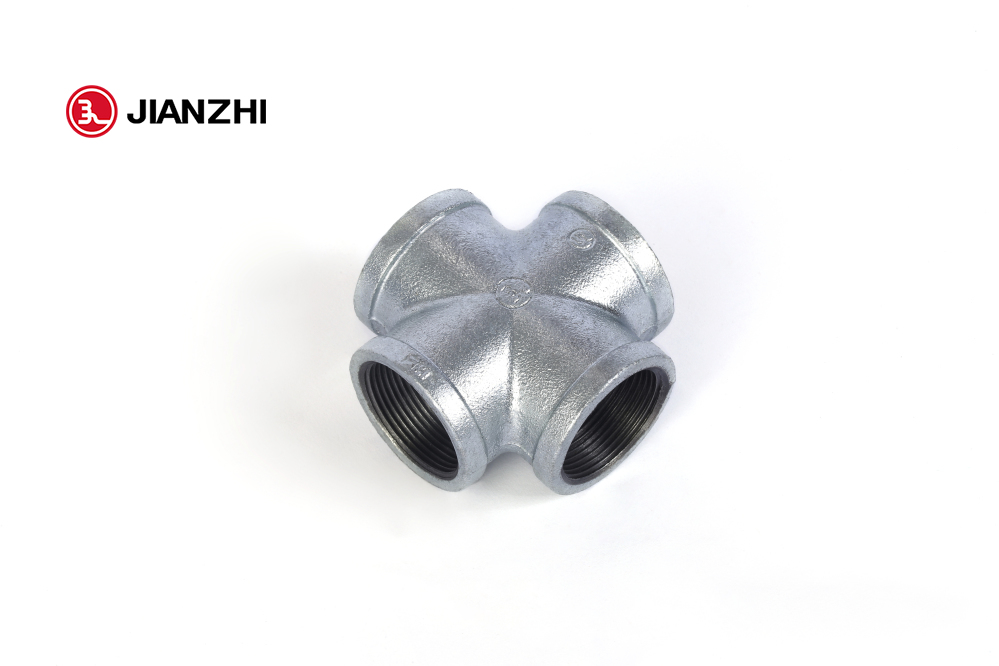Metal pipe connectors, such as couplings, unions, and elbows, generally perform well in applications with fluctuating pressure levels due to their inherent strength, durability, and resistance to deformation.
Here’s how metal pipe connectors handle fluctuating pressure levels:
- Strength and Durability: Metal pipe connectors are typically made from materials like stainless steel, brass, or carbon steel, which offer high tensile strength and durability. These materials can withstand fluctuating pressure levels without deforming, breaking, or leaking, ensuring the integrity of the piping system over time.
- Pressure Resistance: Metal pipe connectors are designed to withstand a wide range of pressure levels, from low to high. They can handle fluctuations in pressure without experiencing fatigue or failure, making them suitable for applications where pressure variations are common, such as in water supply systems, HVAC systems, and industrial processes.
- Sealing Performance: Metal pipe connectors often feature threaded, flanged, or welded connections that provide reliable seals against leaks, even under fluctuating pressure conditions. Properly installed metal connectors form tight and secure joints that maintain their integrity and sealing performance regardless of pressure changes.
- Flexibility and Adaptability: Metal pipe connectors come in various configurations, such as straight couplings, elbows, tees, and unions, which allow for flexibility and adaptability in piping systems. They can accommodate changes in flow direction, branch connections, and pipe sizes, making them suitable for diverse applications with fluctuating pressure levels.
- Resistance to Wear and Erosion: Metal pipe connectors are resistant to wear and erosion, even in high-velocity flow conditions. They can withstand abrasive particles, turbulent flow, and erosive forces without experiencing significant degradation or loss of performance, ensuring long-term reliability in demanding environments.
- Temperature Compatibility: Metal pipe connectors are compatible with a wide range of temperatures, from cryogenic to high-temperature applications. They maintain their mechanical properties and sealing performance across a broad temperature spectrum, allowing them to handle fluctuating pressure levels without compromising performance.
- Corrosion Resistance: Many metal pipe connectors, especially those made from stainless steel or brass, offer excellent corrosion resistance, which further enhances their performance in applications with fluctuating pressure levels. They can withstand exposure to corrosive fluids, chemicals, and environmental conditions without rusting or deteriorating, ensuring long-term reliability and safety.
In summary, metal pipe connectors perform well in applications with fluctuating pressure levels due to their strength, durability, pressure resistance, sealing performance, flexibility, resistance to wear and erosion, temperature compatibility, and corrosion resistance. Proper selection, installation, and maintenance of metal connectors are essential to ensure optimal performance and reliability in piping systems exposed to varying pressure conditions.
